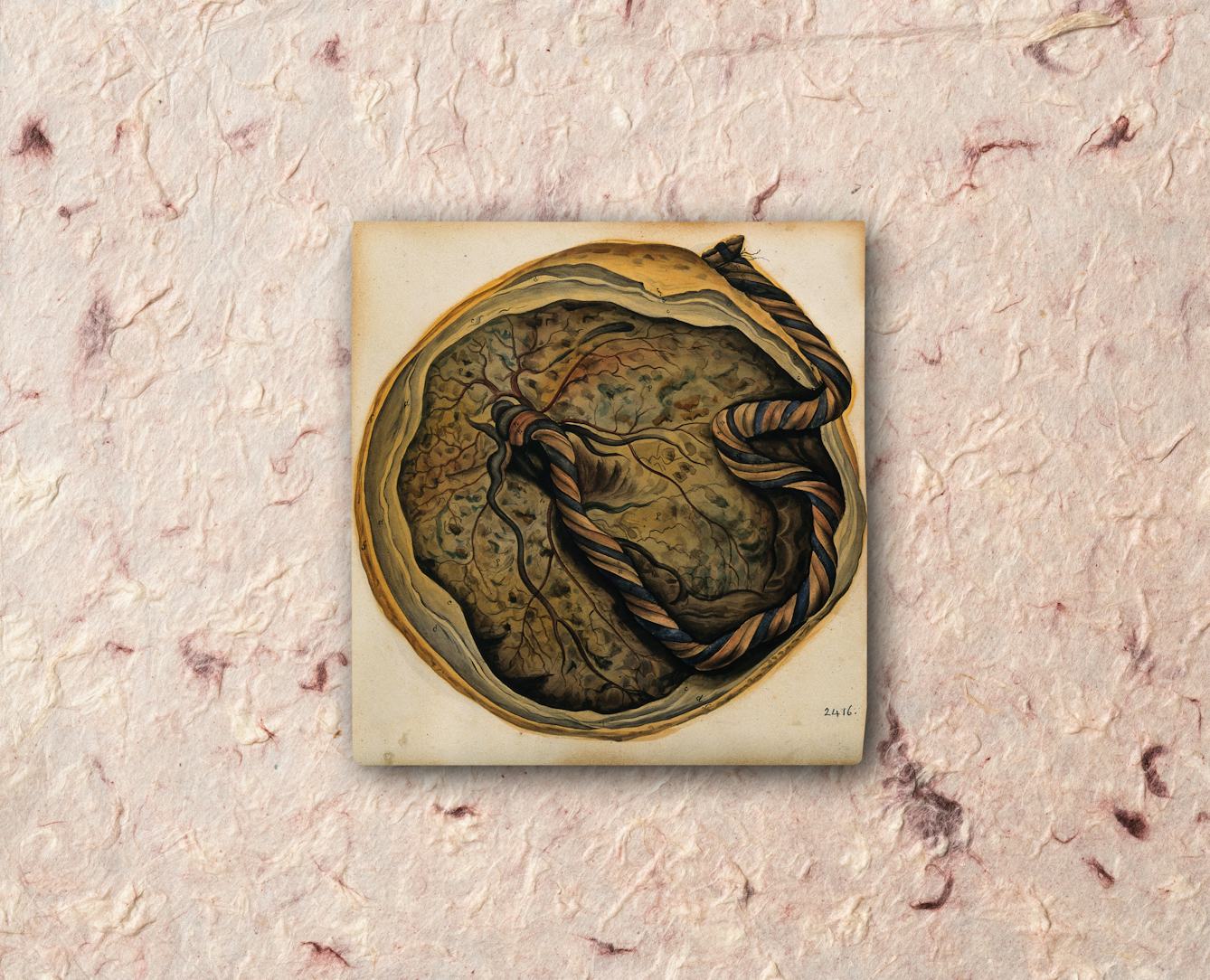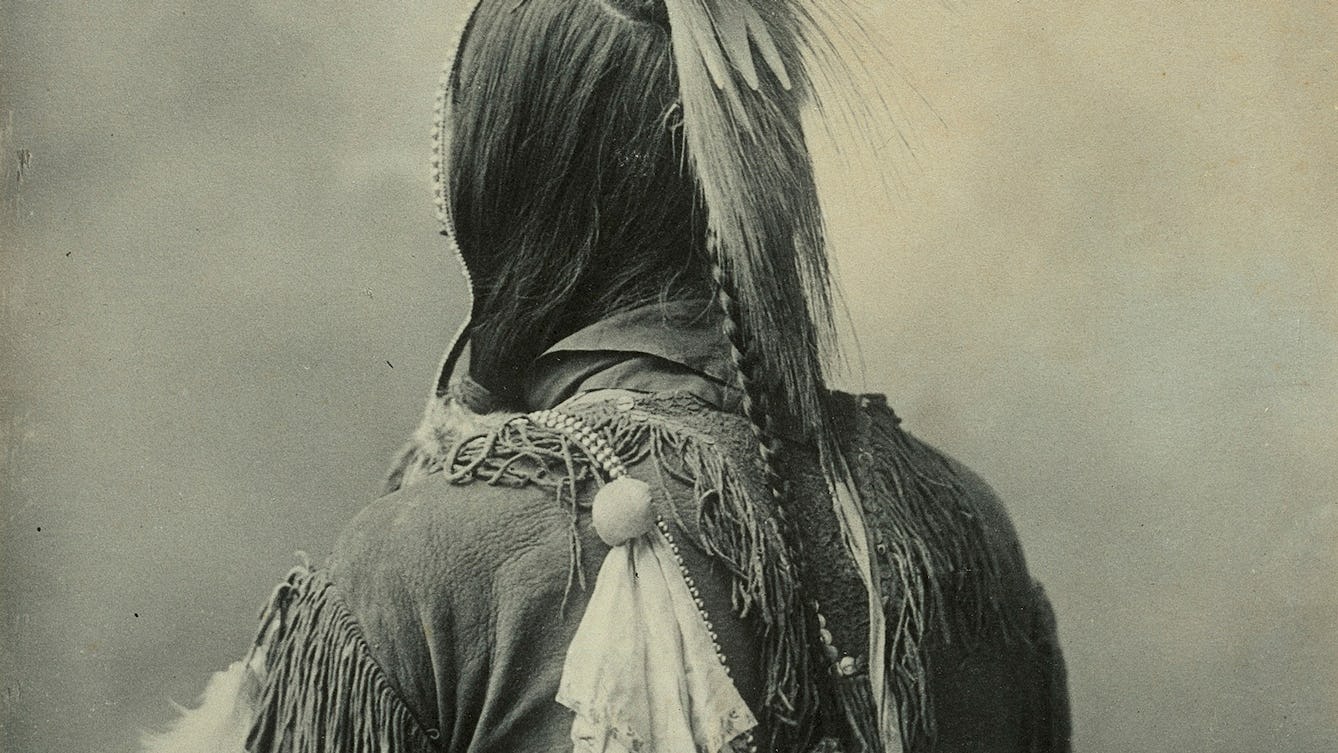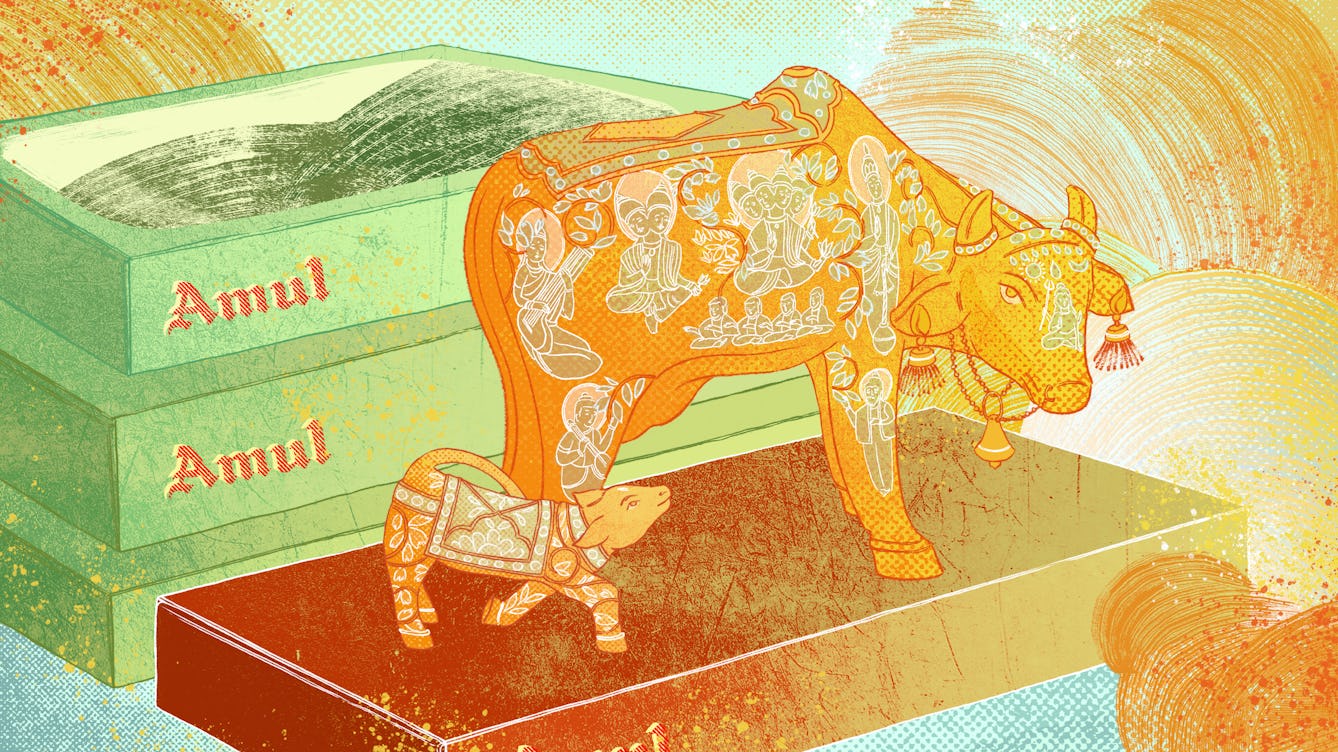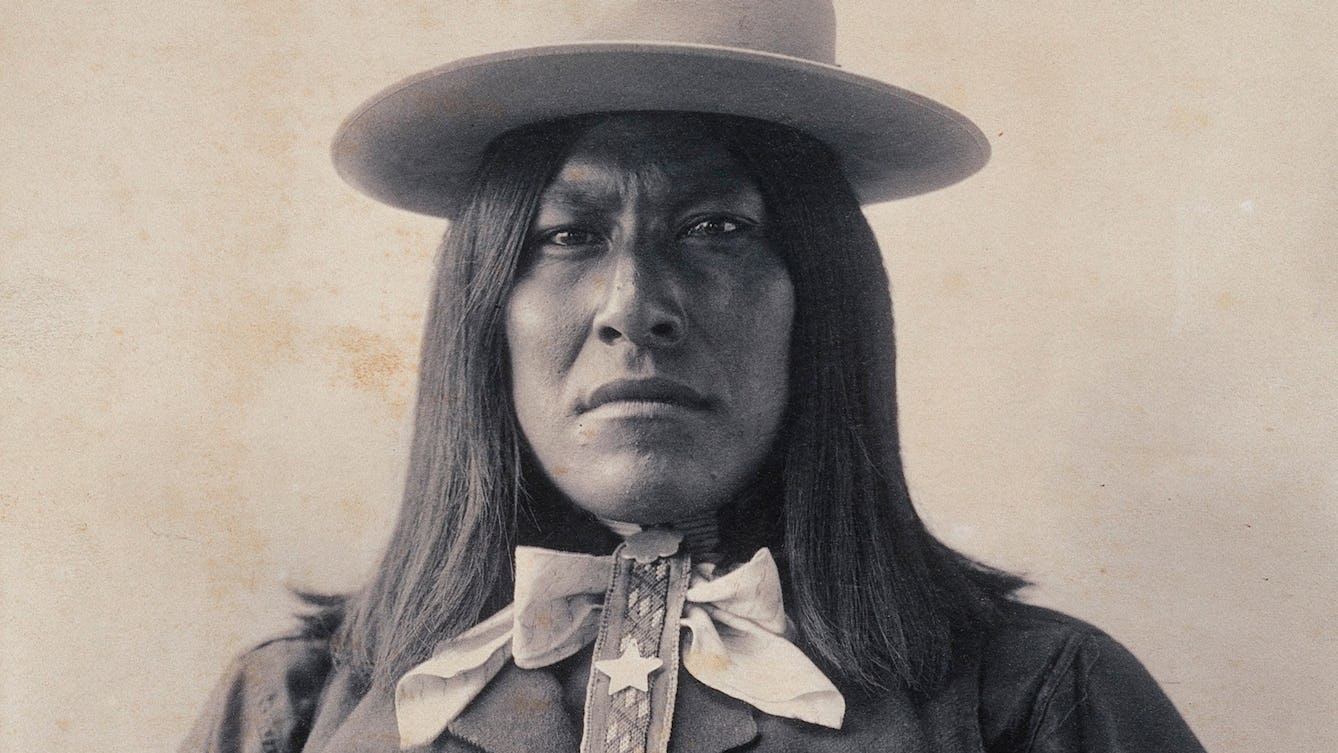
- Article
- Article
Mask, ritual and fertility
Today many of us learn about fertility, conception and pregnancy online. But that wasn’t always the way. Discover how masks and rituals played an important educational role.

- Article
- Article
How Indigenous insight inspires sustainable science
The forest of the Amazon Basin is inextricably bound up with the lives of the Indigenous peoples living there. Find out how they feel about the forest, use what it provides, and try to protect it from aggressive commercial exploitation.

- Article
- Article
Womb milk and the puzzle of the placenta
A human baby needs milk to survive – and this holds true even before it’s born. Joanna Wolfarth explores “womb milk”, as well as ancient and modern ideas about the placenta.

- Article
- Article
Seeds for the future
Indigenous groups have a key role as guardians of biodiversity, and their knowledge could help us all preserve our world. To survive, we all need to collaborate, reject prejudice, and share what we know.

- Article
- Article
A graveyard of plants for the people I love
Searching for her own ceremony to acknowledge the passing of her grandmother, Jennifer Neal turned to plants. The ritual she created was personal and loving, and celebrated life as well as acknowledging loss.

- Article
- Article
Native Americans and the dehumanising force of the photograph
In the second part of Native Americans through the 19th-century lens, we delve deeper into the ambivalent messages within the images.

- Article
- Article
Sacred cows and nutritional purity in India
Apoorva Sripathi explores the complex reasons behind India’s recent boom in all things dairy – beginning with a 1970s Western food-aid programme.

- Article
- Article
Dying to be in nature
The modern funeral business is one that uses up precious resources and pollutes the planet. But you can make sure it’s only your memory that leaves its mark with these new and natural ways to leave this earth.

- Article
- Article
Native Americans through the 19th-century lens
The stories behind Rinehart's photographs may not be as black and white as they first appear.

- Article
- Article
A medieval guide to practical magic
With few sources of effective help available when treating an injured patient, the medieval physician could instead stage a healing ceremony using a practical how-to guide he carried with him.

- Article
- Article
A brief history of tattoos
The earliest evidence of tattoo art dates from 5000 BC, and the practice continues to hold meaning for many cultures around the world.

- Article
- Article
Performance art, frozen in time
For over a year, live performance art with an audience present has been largely impossible. But still images continue to allow artists in this sphere to inspire audiences at home.

- Article
- Article
When monarchs healed the sick
Our current Queen fortunately doesn’t have to spend hours laying hands on the sick to cure them. But it was a different story for monarchs of the early modern era, whose touch was a sought-after treatment for scrofula.

- Article
- Article
How nature is defending itself in court
The idea that nature has legal rights is increasingly being taken seriously, but who gets to speak for it? Isabella Kaminski asks how the non-human can be represented within a human-made system.

- Long read
- Long read
Healthy scepticism
Healthcare sceptics – like those opposed to Covid-19 vaccinations – often have serious, nuanced reasons for doubting medical authorities.